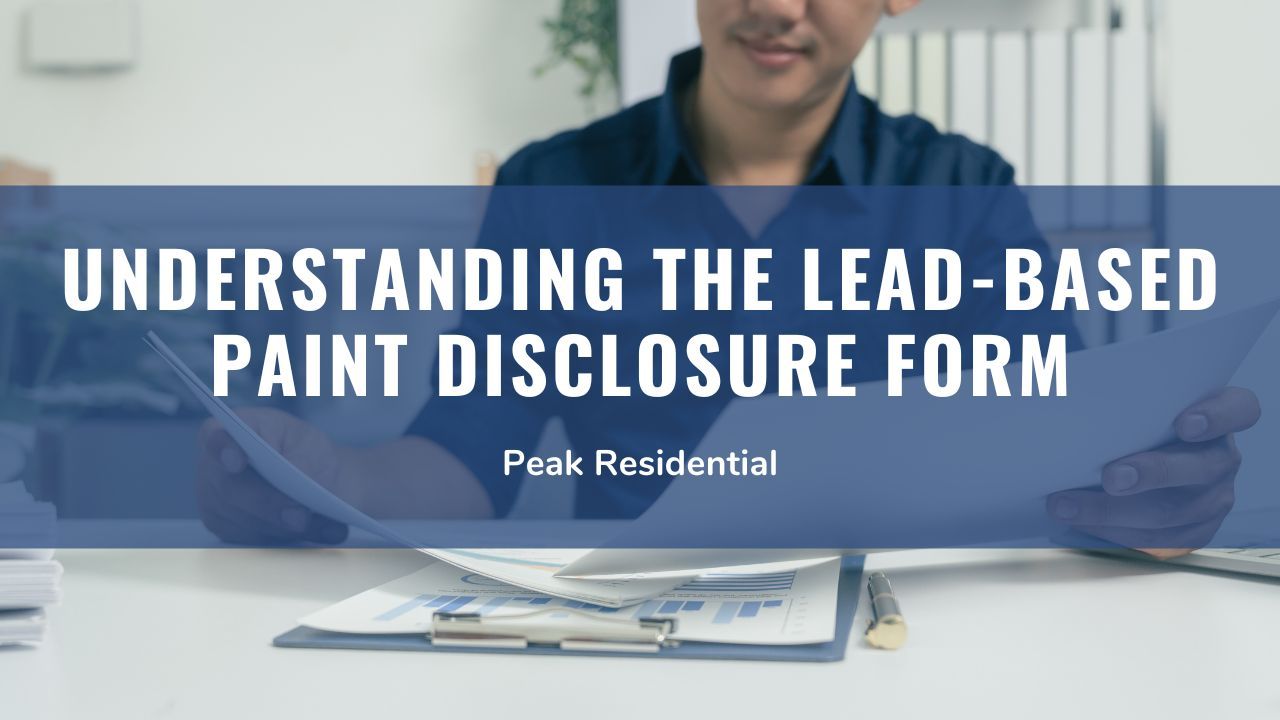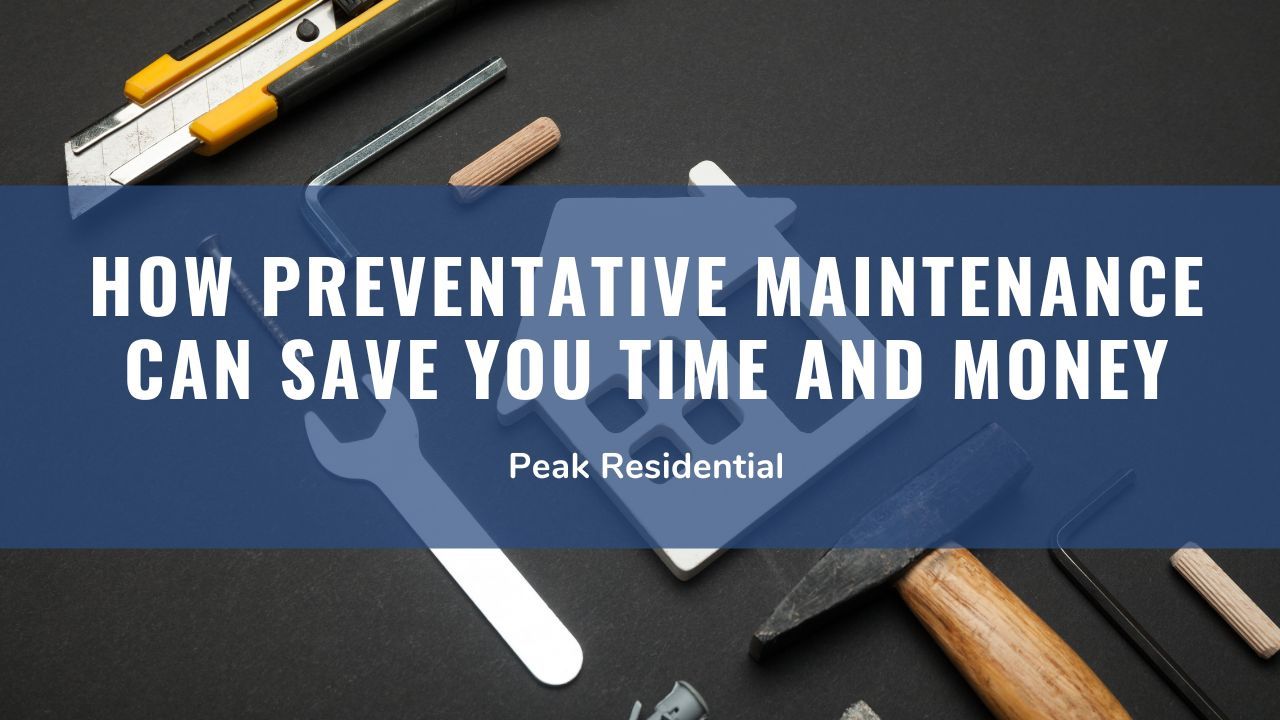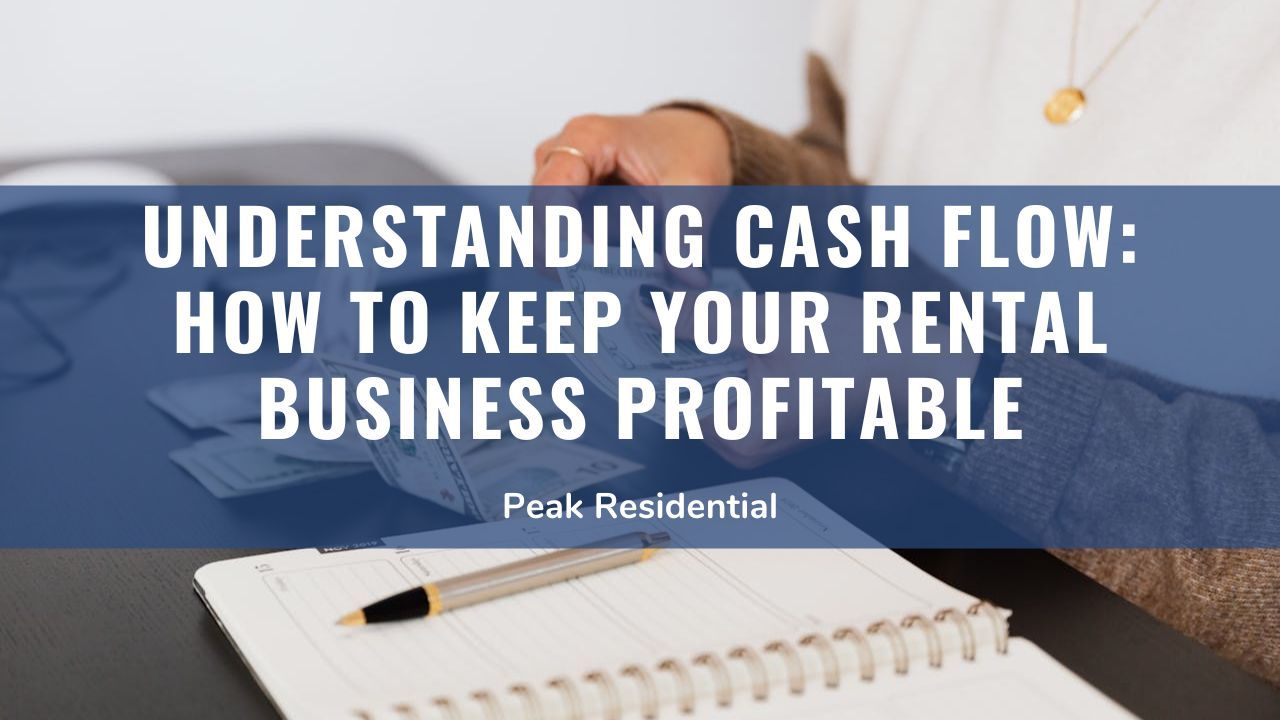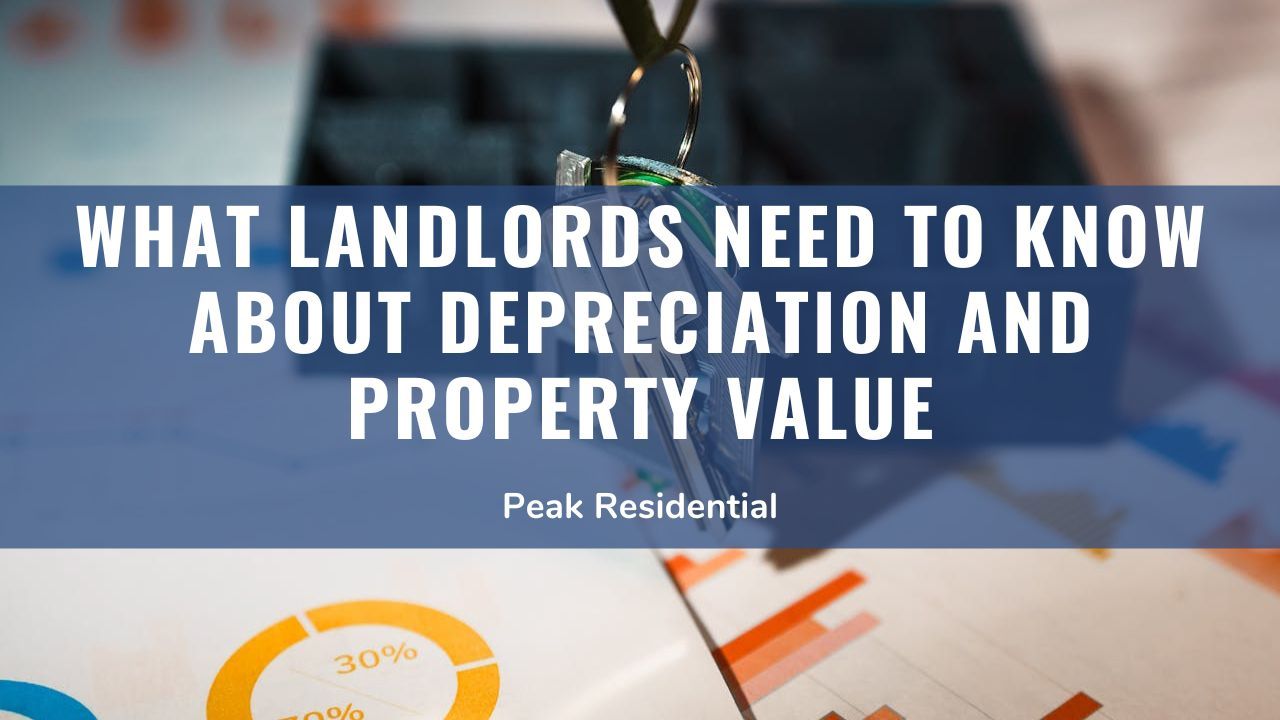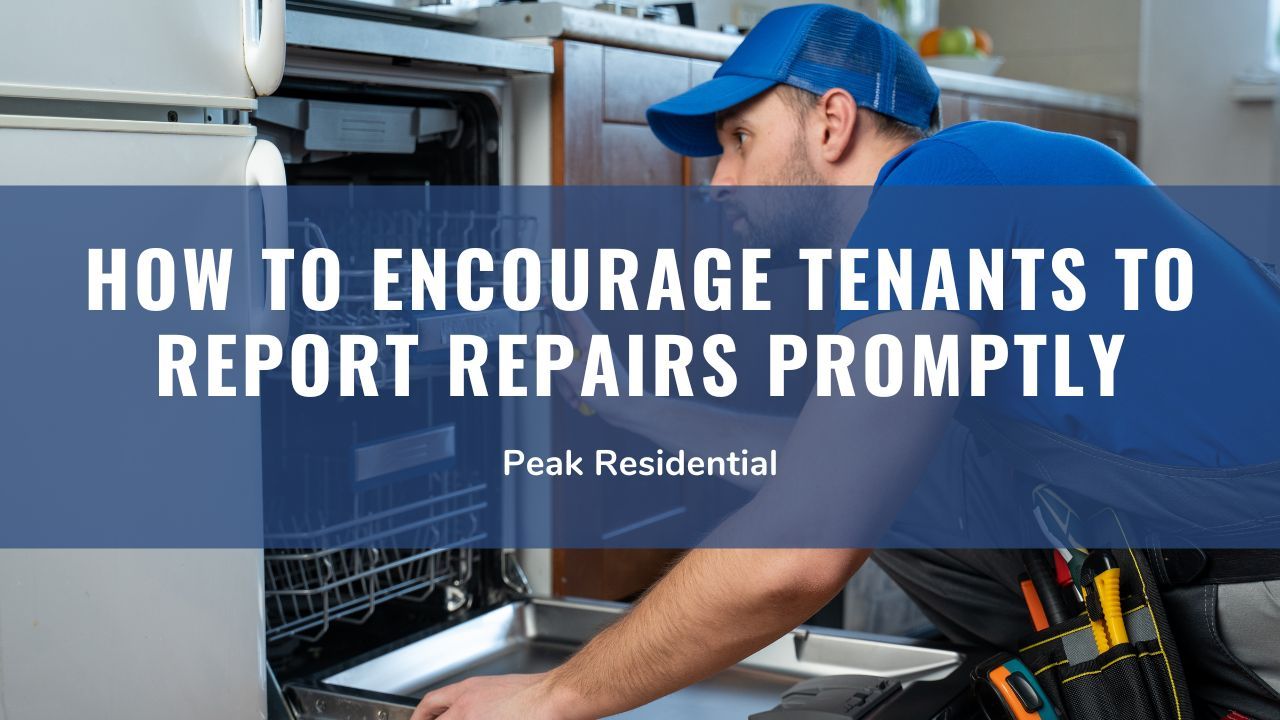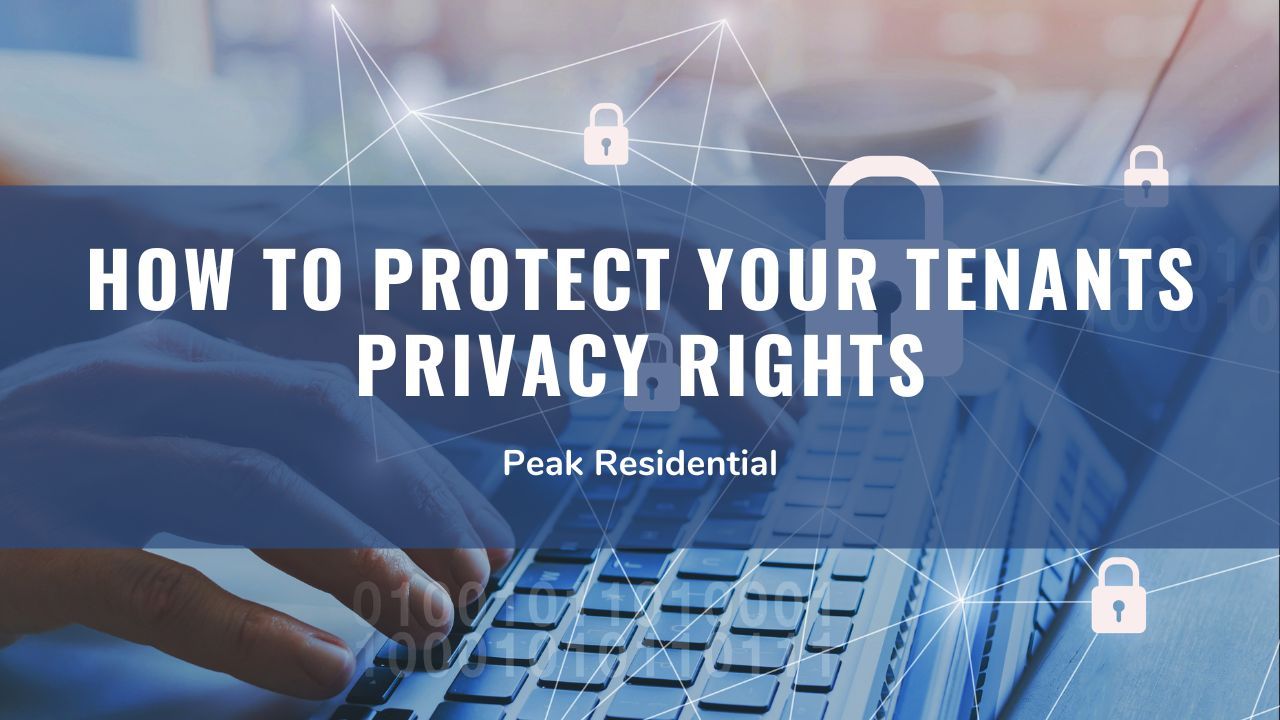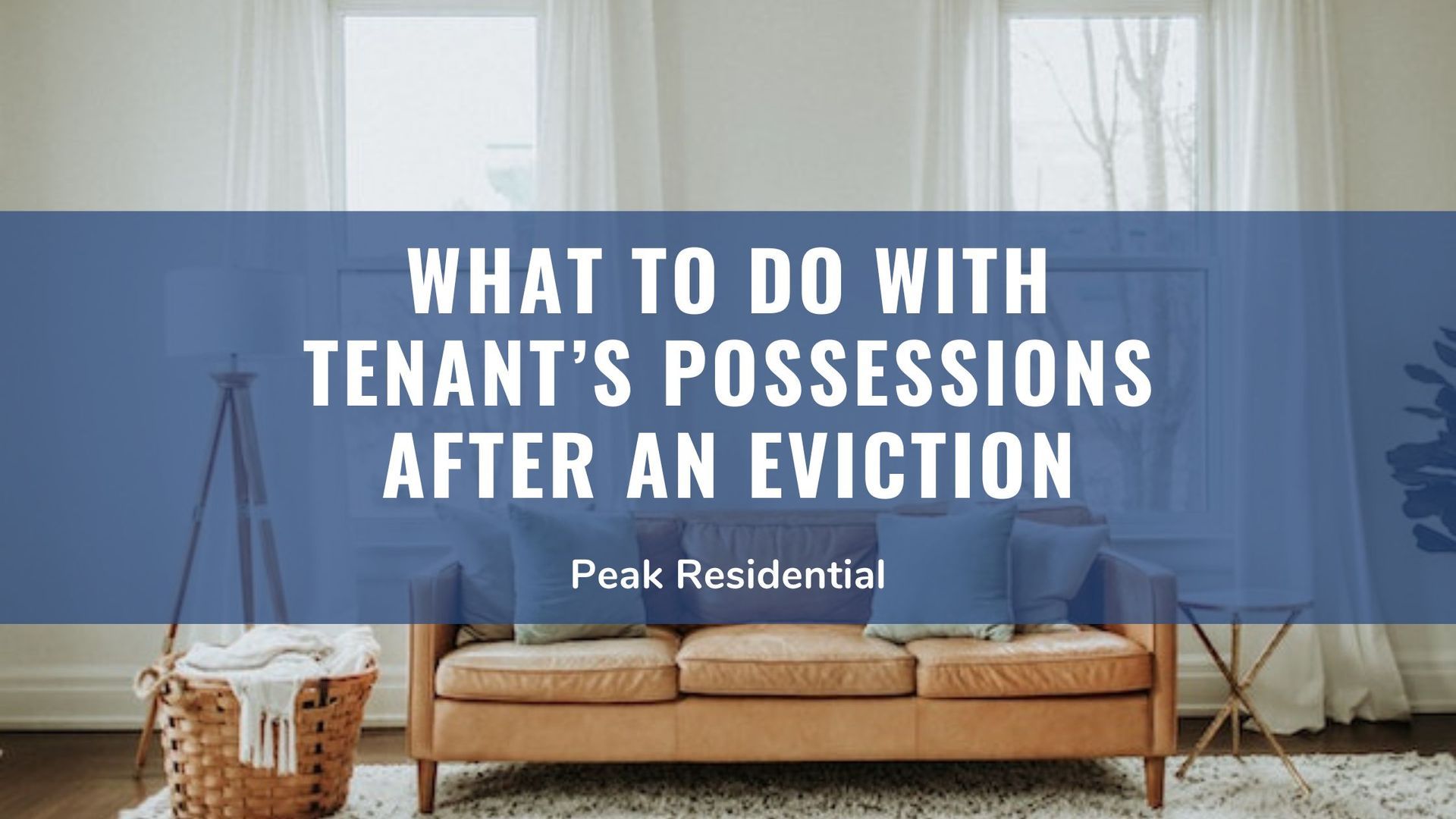
Evictions are stressful, to say the least. The last thing you want to grapple with after a challenging eviction process is the heap of personal belongings that the tenant has left behind.
Far from a straightforward task, there are rules, regulations, and best practices to follow, or else you might find yourself in hot water.
Let's delve into how to navigate this intricate issue.
Understanding the Reason Behind the Eviction
Firstly, understanding the eviction's circumstances can give you insights into what responsibilities you have toward the items left behind. Every jurisdiction has its laws dictating how left-behind property should be treated.
The specific directives from law enforcement overseeing the eviction process can also influence your responsibilities, from storing items to selling them to recover unpaid rent. This article focuses exclusively on handling belongings left by evicted tenants.
Giving Tenants an Opportunity to Reclaim
Many states mandate, or at least recommend, providing evicted tenants a window of time to collect their possessions. By allowing tenants a specified period, often between 7 to 10 days, you minimize the chances of facing legal action for lost or damaged property.
In cases where
local laws stipulate a longer holding period, make sure you're compliant to avoid complications.
It's essential to remember that evicted tenants are usually liable for any costs associated with storing their belongings during this period.

Sending a Timely Notice
It's crucial to inform your former tenants where their items are stored and the timeframe during which they can reclaim them. Your notice should be comprehensive, covering:
- An inventory of the left-behind items.
- Estimated value of the items.
- Location where items can be reclaimed.
- Duration of the holding period.
- Disposal methods for unclaimed items.
If possible, also send this notice to any emergency contact the tenant has provided.
Storing or Discarding Left-Behind Items
When faced with an assortment of left-behind belongings, start by organizing and taking inventory during a walk-though. Here's a step-by-step guide:
1.Sort and Dispose of Trash
First, discard items that are clearly waste to tidy the rental, but remember to document any costs involved in doing so.
2. Inventory the Remaining Items
Take an inventory of all remaining belongings of value. While creating the inventory, don’t pry open any locked items; the integrity of all belongings should be maintained.
3. Choose a Storage Solution
Whether you opt to store these items on the property or off-site in a storage unit will depend on your immediate plans for the property. However, be aware of state-specific guidelines; for instance, some states require items to remain on the property for a stipulated period before being moved to another location.
4. Covering the Costs
Your former tenant should be responsible for any storage costs, as specified in the reclaim notice you send out.

5. Final Disposition
If your tenant fails to reclaim their items within the allotted time, local laws may allow you to sell or dispose of the items. For items like cars, you must inform local law enforcement about the abandoned property.
Future-Proofing Your Property Management
To avoid the legal and logistical headaches of dealing with abandoned belongings in the future, consider incorporating specific clauses into your rental agreements. Such clauses could outline:
- Fees for disposing of abandoned property.
- Special arrangements for large items, such as furniture.
- The duration for which you are obligated to store left-behind items.
Mistakes to Avoid
If the tenant has left behind personal possessions, landlords may find themselves in legal trouble if they're not careful. Below are actions you must avoid doing with tenant's possessions after an eviction:
Immediate Disposal or Sale
The temptation to quickly clear the property is understandable, but hastily discarding or selling a tenant's possessions can land you in legal trouble. Laws often require landlords to hold onto a tenant's property for a specific duration, usually varying from 7 to 30 days depending on state regulations.
Ignoring Proper Inventory and Documentation
Failing to document left-behind items could make you liable for claims of
property loss or damage. Always create a comprehensive inventory and, if possible, photograph the items as evidence. This documentation can be your saving grace in legal disputes.

Failing to Notify the Tenant
Neglecting to inform the evicted tenant about their abandoned possessions in the vacant property and the timeline for retrieval is a critical mistake. Most states require landlords to send a written notice to the tenant, outlining details like where the possessions are stored, how long they will be held, and how they can be reclaimed.
Accessing or Using the Items
Using the tenant’s belongings for personal use or accessing locked items without permission is both unethical and illegal. Even though the items are on your property, they still belong to the tenant until specific legal steps have been taken.
Storing Items in a Non-Secure Location
Storing a tenant's belongings in a place where they can be easily damaged by weather conditions or stolen is another pitfall to avoid. Always ensure that the items are stored in a secure, dry, and safe location.
Ignoring State and Local Laws
Laws around the handling of a tenant's personal property post-eviction differ from state to state and sometimes even city to city. Failing to acquaint yourself with Sacramento's specific regulations can result in legal repercussions.
Bottom Line
Dealing with a tenant's left-behind possessions after an eviction can feel like navigating a legal maze. But remember, you're not alone! Keeping yourself educated and following the law to the letter can save you a ton of headaches down the line.
If you're feeling overwhelmed, why not let professionals handle the intricacies? A property management company like
Peak Residential
can take the burden off your shoulders, ensuring that you're in full compliance with all laws and regulations.
So, give yourself the peace of mind you deserve and consider hiring experts for a stress-free landlord experience. Cheers to smarter property management!
